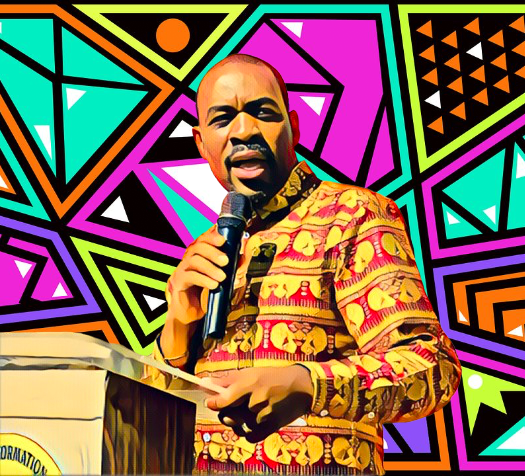Harare, Zimbabwe – Prominent opposition figure Welshman Ncube has launched a scathing critique against Nelson Chamisa, leader of the Citizens Coalition for Change (CCC), accusing him of autocratic leadership and sidelining key party members. Ncube’s comments have sparked fresh debate within Zimbabwe’s opposition ranks, highlighting internal divisions and challenges.
Ncube, a former Deputy Prime Minister and current Vice President of the CCC, expressed his discontent during a recent interview, accusing Chamisa of running the party through intermediaries rather than engaging directly with his colleagues. “Chamisa’s leadership style has become completely autocratic,” Ncube asserted. “He prefers to operate through runners, isolating himself from the broader leadership and grassroots supporters.”
Ncube’s remarks come at a critical time for the CCC as it strives to present a united front against the ruling ZANU-PF party ahead of the 2024 general elections. The opposition coalition, formed in 2022, aimed to consolidate various opposition factions under Chamisa’s leadership. However, Ncube’s comments suggest that underlying tensions and power struggles remain unresolved.
The CCC has been struggling to gain traction amid accusations of infighting and a lack of clear strategy. Ncube’s criticism highlights the challenges the party faces in establishing cohesive leadership and mobilizing support. “For a party that claims to be a democratic alternative, we need to embody those principles in our operations. Unfortunately, that is not the case currently,” Ncube lamented.
Chamisa, who has been at the helm of the opposition since the disputed 2018 elections, has faced criticism from other quarters as well. Some party members and analysts argue that his centralized leadership style stifles internal democracy and debate. They claim that decisions are often made unilaterally, without adequate consultation with other leaders or the party’s base.
In response to Ncube’s allegations, Chamisa’s supporters have defended his leadership, arguing that his approach is necessary to maintain discipline and focus within the party. “Chamisa is a visionary leader who is dedicated to the cause of change in Zimbabwe. His leadership has brought us this far, and we trust his judgment,” said a senior CCC member.
Despite these defenses, the discord within the CCC could undermine its effectiveness in challenging the entrenched power of ZANU-PF. Analysts warn that continued infighting and public disagreements could erode voter confidence and weaken the opposition’s position. “The opposition needs to resolve these internal issues quickly if they hope to present a credible alternative to the electorate,” said political analyst Tendai Mutasa.
Ncube’s outburst also underscores the broader issue of leadership and governance within Zimbabwe’s political landscape. The country’s history of autocratic rule has left deep scars, and many citizens yearn for genuine democratic practices within all political parties, including the opposition. Ncube’s call for greater transparency and inclusiveness resonates with these democratic aspirations.
As Zimbabwe approaches the 2024 elections, the CCC’s ability to address these internal conflicts and present a united front will be crucial. The party must navigate the delicate balance between strong leadership and democratic inclusiveness to inspire confidence among its supporters and the broader electorate.
In conclusion, Welshman Ncube’s criticism of Nelson Chamisa’s leadership highlights significant challenges within Zimbabwe’s main opposition party. The CCC must urgently address these issues to maintain its credibility and effectiveness as a democratic alternative to the ruling party. Amidst these challenges, there remains hope that the party can realign its strategies and emerge stronger, reflecting the democratic ideals it champions.
Source: newzimbabwe.com
Welshman Ncube Criticizes Autocratic Leadership of Nelson Chamisa
Internal Divisions Emerge as CCC Faces Leadership Challenges
415


